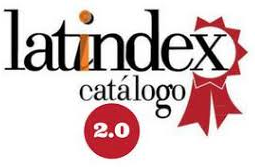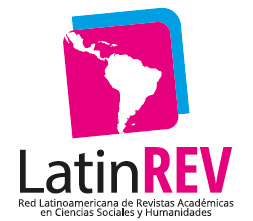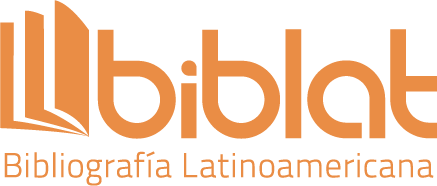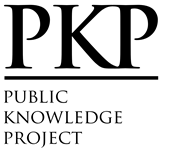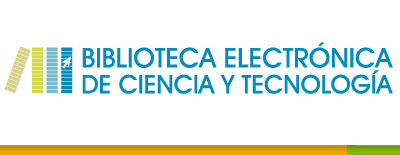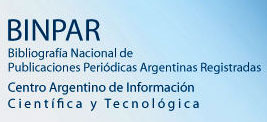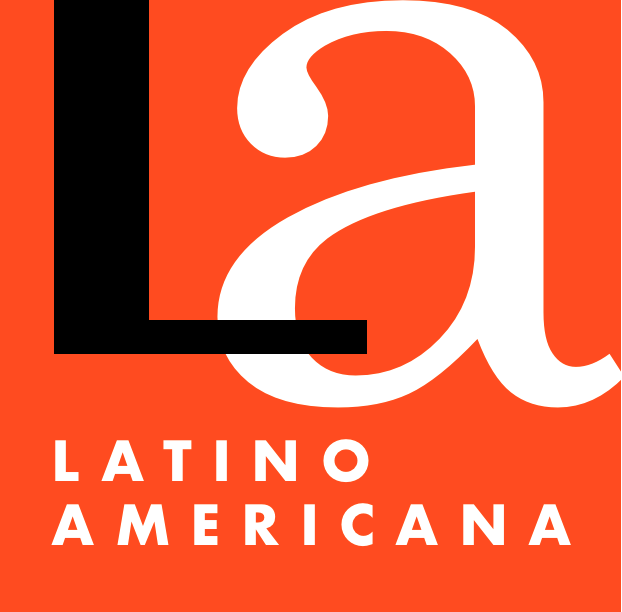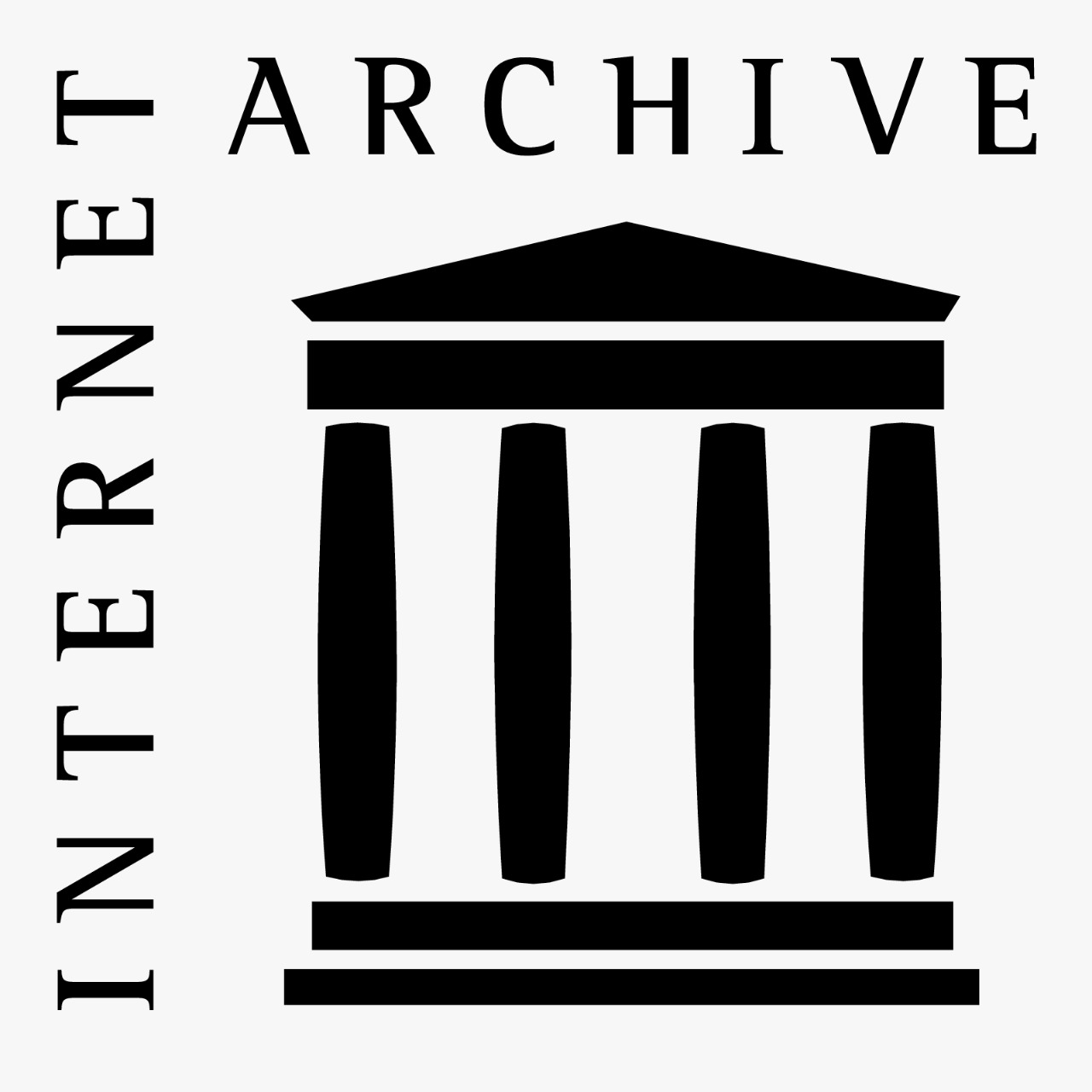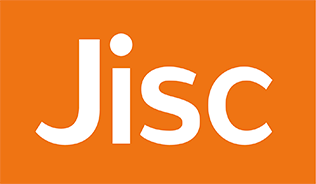Online communication and collaborative work through digital technologies
Abstract
Although technological developments during the last decade have favored an increase in the number of multiple online training offers facilitating mediated collaborative work, and although the academic literature on the subject appears to agree on the numerous benefits of this sort of pedagogic approach, its implementation is far from frequent and reveals certain difficulties and tensions. The following presentation previews an investigation launched in the context of a thesis for a Master’s Degree in Educational Processes Mediated by Technology from the National University of Córdoba. The general aim of this work is to analyze some of the most relevant characteristics of collaborative dynamics mediated by technology (CDMT) and how these influence expectations about learning on the Web. For this reason, from a qualitative perspective, the expected field study will focus on the analysis of two cases of online education implemented at the postgraduate level during 2011, at the Latin American Social Sciences Institute and at the Center of Advanced Studies at the National University of Córdoba, respectively. This paper will develop a few findings relating to the communicational facets linked to the first categories of analysis that emerge from a study of the CDMT in the aforementioned cases.
Downloads
References
Andriessen J., Baker, M. & Suthers, D. (eds.) (2003). Arguing to learn: confronting cognitions in computer-supported collaborative learning environments. Dordrecht: Kluwer.
Gros, B. (2011). Evolución y retos de la educación virtual: construyendo el e-learning del siglo XXI. Barcelona, Editorial UOC. (UOC innova). Disponible en internet y consultado en mar. 2014: http://openaccess.uoc.edu/webapps/o2/bitstream/10609/9781/1/TRIPA__e-learning_castellano.pdf
Gros, B & Silva J. (2006). El problema del análisis de las discusiones asincrónicas en el aprendizaje colaborativo mediado. Red: Revista de Educación a Distancia, 5 (16), p. 1-16. Disponible en internet y consultado en mar. 2014: http://www.um.es/ead/red/16/gros.pdf
de Unigarro Gutierrez, M. A. et al. (2007). Conformación de una comunidad virtual de aprendizaje, a partir de un proceso de formación de maestros universitarios. Red: Revista de Educación a Distancia, Murcia, 6 (18), p. 1-28. Disponible en internet y consultado en mar. 2014: http://www.um.es/ead/red/18/prado.pdf
Henry, J. & Meadows, J. (2008). An absolutely riveting online course: nine principles for excellence in web-based teaching. Canadian Journal of Learning Technology 34 (1). Disponible en internet y consultado en mar. 2014: http://www.cjlt.ca/index.php/cjlt/article/view/179/177
Panckhurst, R. & Marsh, D. (2011). Utilización de redes sociales para la práctica pedagógica en la enseñanza superior impartida en Francia: perspectivas del educador y del estudiante. Revista de Universidad y Sociedad del Conocimiento (RUSC). Barcelona: UOC, 8 (1), p. 233-252. Disponible en internet y consultado en mar. 2014: http://rusc.uoc.edu/ojs/index.php/rusc/article/viewFile/v8n1-globalizacion-e-internacionalizacion-de-la-educacion-superior/v8n1-globalizacion-e-internacionalizacion-de-la-educacion-superior
Saigí Rubió, F (2011). Aprendizaje colaborativo en red: el caso del Laboratorio de Telemedicina. Gaceta Sanitaria. Barcelona: Sociedad Española de Salud Pública y Administración Sanitaria, 25 (3), p. 254-256.
Siemens, G. (2004). Conectivismo: una teoría de aprendizaje para la era digital. En: [sitio personal]:Diego Ernesto Leal Fonseca. Medellín, Colombia, 2007. Disponible en internet y consultado en mar. 2014: http://www.diegoleal.org/docs/2007/Siemens(2004)-Conectivismo.doc
Salmon, G. (2011). E-moderating: the key to teaching and learning online. 3rd ed. New York: Routledge.
Sloep, P.; Berlanga A. (2011). Redes de aprendizaje, aprendizaje en red. Comunicar: Revista Científica
Iberoamericana de Comunicación y Educación, 19 (37), p. 55-63. Disponible en internet y consultada en mar. 2014: http://www.revistacomunicar.com/pdf/comunicar37.pdf
Tarasow, F. (2010). ¿De la educación a distancia a la educación en línea? ¿Continuidad o comienzo? En: Diseño de intervenciones educativas en línea. Buenos Aires: Carrera de Especialización en Educación y Nuevas Tecnologías. PENT, FLACSO Argentina. Disponible en internet y consultado en mar. 2014: http://www.pent.org.ar/institucional/publicaciones/educacion-distancia-educacion-linea-continuidad-comienzo
Copyright (c) 2014 Graciela Paula Caldeiro

This work is licensed under a Creative Commons Attribution-NonCommercial 4.0 International License.
The authors retain the copyright and guarantee the journal the right to be the first publication of the work. In case that a translation of the article already published in Austral Comunicación can be published in another journal, it is requested to record the original publication in the translated version.
The license used is CC BY-NC-SA, which allows sharing (copying and redistributing the material in any medium and format) and adapting (remixing, transforming and building on the material) under the following terms: attribution (acknowledge authorship) and non-commercial (the material cannot be used for commercial purposes). Update: February 1, 2022.
Austral Comunicación allows the author (s) to retain the publication rights without restrictions.








